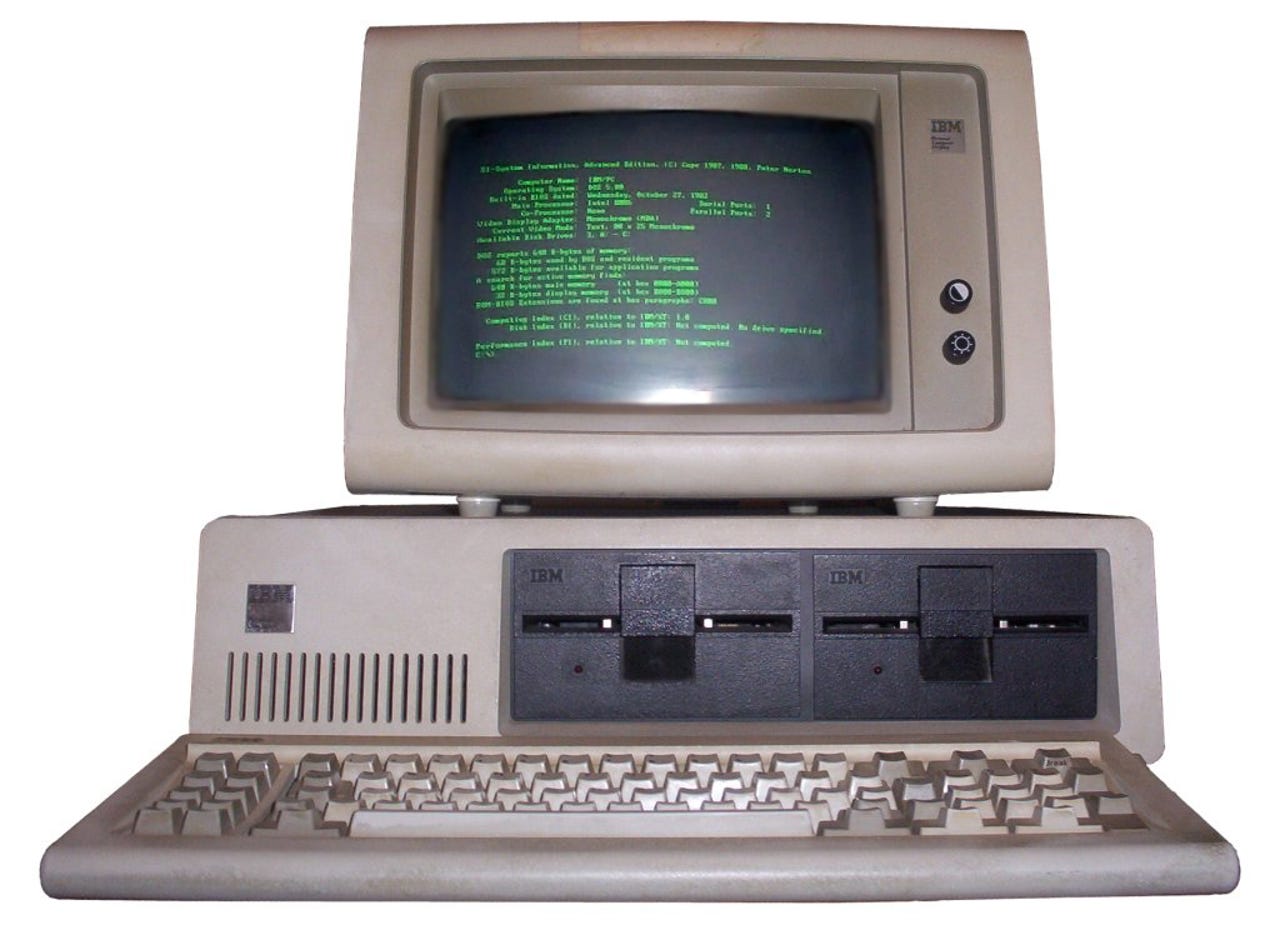When will mobile platforms usurp desktop ones? Sooner than you might think


Few would argue that the PC is dead. However, "is it dying?" might be a more relevant question.
If you base at least part of the answer to that question on sales of mobile phones and tablets, there's a case to be made for saying yes.
Mobile devices have outsold traditional desktop and laptop computers continuously for nearly four years at this point. And they show no signs of slowing even as the PC market has -- at best -- been treading water for much of that period.
Andreesen Horowitz's Benedict Evans shares that data along with some compelling reasons for the current paradigm shift in computing that's been taking place, noting that mobile devices currently outsell PCs by a 5 to 1 margin.
Evans suggests that rate rising to a 10 to 1 margin in the next few years.That's a fair guess although it's partly because of the mobile device refresh cycle being much shorter than that of the PC. Regardless of the reason, if that's the case, the very nature of computing will continue changing.
I think Evans is right even though there are still many computing tasks that require a traditional computer.
Think back before 2007 though and there were far more of those tasks that couldn't be done on a handset or a tablet running some kind of mobile platform.
Smartphones at the time were relegated to being high-end email machines, basic web browsers, and ran your choice of apps that numbered in the hundreds. Fast forward to present day and depending on the mobile platform you use, you have more than a million app choices.
The apps available today aren't just one step ahead of what you could run on a phone or tablet eight years ago; they're magnitudes more powerful, useful and entertaining. Early apps were basic and rudimentary compared to what you'll find today on mobile devices: Just look at Microsoft's Office apps, some of the high-end gaming titles available and even code editors.
Effectively, the mobile market has been able to provide users with the tools they need for work and play. And in some cases, work itself is adjusting for the mobile platforms because at first, the new platforms aren't considered useful for work.
Evans notes several examples including a mobile CAD program and cloud-based video collaboration tool, saying "So, each new computing platform will never be used for real work, but the platform gets better and the work changes to fit the new platform."
This is why earlier today when I said I'd be buying an iPad Pro to try out, I noted that it's the apps that will make the hardware valuable: If they follow, Apple's new large tablet could be a success in the enterprise as companies find that a lighter operating system can meet employee needs.
Indeed, some companies are already moving away from supporting the desktop; at least when it comes to entertainment. On my Surface Pro 4, there's no native app for Amazon Instant Video; in fact, Amazon recently removed video download support to Windows PCs while adding it for some content on mobile platforms. That signals to me that Amazon is catering towards the future of computing, not the past.
Adobe is another company worth looking at here, mainly because for years the rallying cry of desktop users was "I need my Photoshop!" Go to Adobe's mobile software site and you'll find four pages of Adobe and Creative Cloud apps for Android and iOS.
And of course, as noted prior, Microsoft has been moving its apps and services to where the users are: See Office, OneDrive, Cortana, One Note and others as examples of Microsoft's mobile platform play even as it supports long-time PC owners. Note that Microsoft is further acknowledging the change by smartly merging its mobile and desktop platform with Windows 10.
We're still not at the point where everyone has moved away from a PC. If we were, the industry wouldn't be selling a few hundred million systems each year. That's partly because not everyone's work has changed -- or changed enough -- to be effectively performed on a mobile device.
Want to know when mobile platforms truly take the place of desktops? There won't likely be a hard calendar date but if you want to get a feel for it, just look at the apps being designed for work on mobile devices. As they continue to mature, the pressure will be on for PC makers to explain just why you need a new PC; something they're trying to desperately do at this very moment.